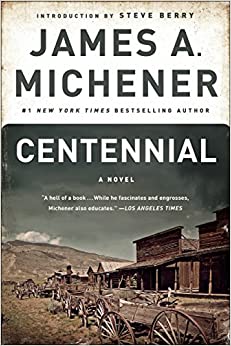By Thomas Kies
Fifty years…that sounds like a long time ago, and I guess it was. But sometimes it doesn’t seem like it.
I read in the Washington Post that it was fifty years ago that Patty Hearst was kidnapped. For those of you who don’t recall, Patricia Hearst was the heir of the Hearst fortune, scheduled to be married, when she was targeted and kidnapped by a rag tag, disorganized group of far-left terrorists called the Symbionese Liberation Army.
Shortly afterward, she renounced her “class privilege” and appeared to have joined the terrorist group calling herself “Tania”. After a series of bank robberies and shootouts, many with deadly results, she was captured.
At her trial, she claimed that she was brainwashed, raped, and suffered from “Stockholm Syndrome” where a captive begins to identify and empathize with his or her captors. Even so, she was found guilty and sentenced to 35 years in prison, reduced to seven years. Her sentence was commuted at 22 months by President Carter and eventually pardoned by President Bill Clinton.
While reading this account, I tried to recall what books were released fifty years ago. These are a few of what I found:
Carrie--Stephen King (think about how many books he’s written since that one was first published)
Helter Skelter--Vincent Bugliosi
Jaws—Peter Benchley (think about how many times you’ve heard that iconic clip of music for the movie)
All the President’s Men—Carl Bernstein
Tinker, Tailor, Soldier, Spy—John Le Carre`
Centennial—James Michener.
The Seven Per Cent Solution—Nichola Meyer (think about how many Sherlock Holmes books have been written since then)
Coincidentally, Marc Jaffe, an editor who worked for Bantam, recently passed away at the age of 102. He worked on Jaws when it was originally published, as well as such blockbusters as The Exorcist, Catcher in the Rye, and 90 Minutes at Entebbe. He was a legend in the publishing business.
Fifty years sounds like a long time, but when it comes to stories, some of them feel much younger than that—books that stand the test of time and live in our collective consciousness. When you’re a writer, you hope that happens with your own work.
Have a great week and happy writing.

